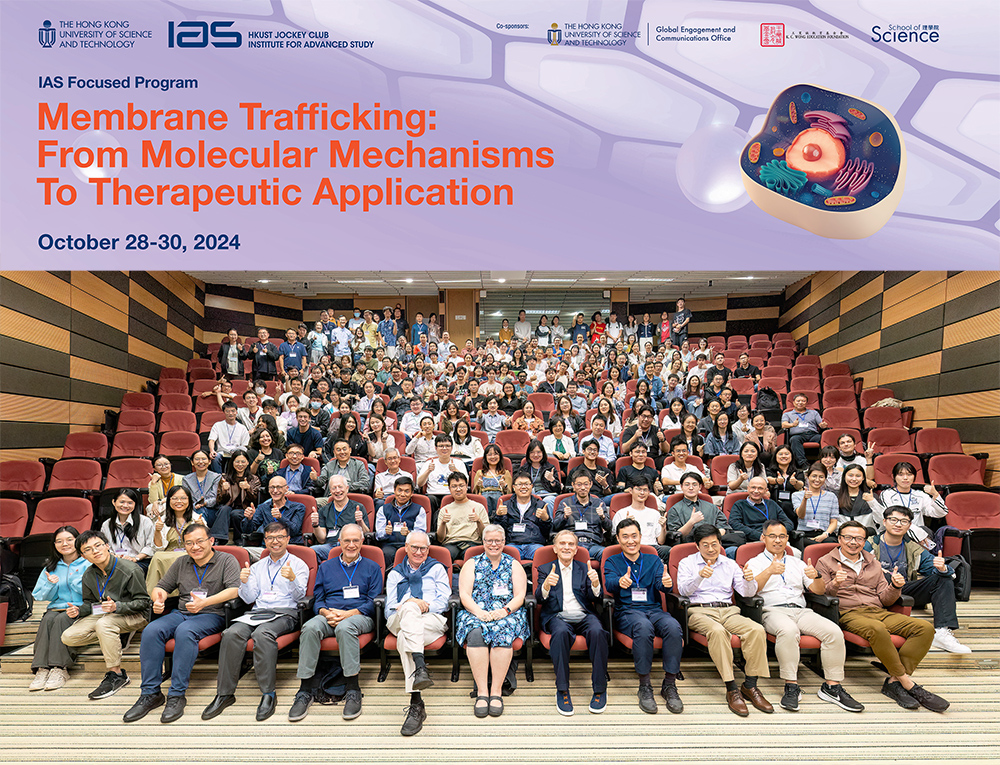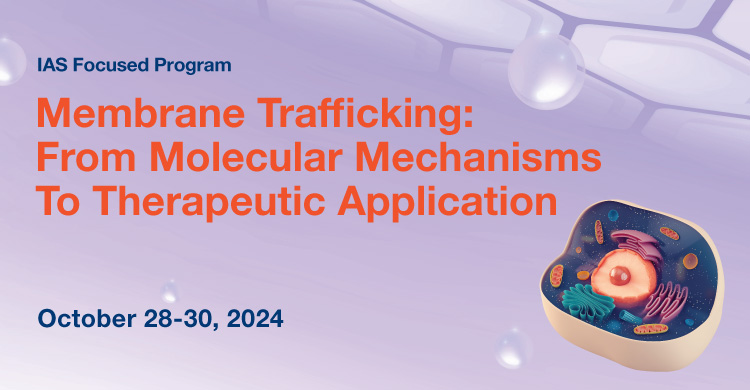Membrane trafficking is a critical cellular and physiological process. This mechanism mediates the transport of biomolecules including proteins, nucleotides, and lipids. These molecules are synthesized within the cell and then transported outside to the bloodstream, where they fulfill their physiological roles. At the organism level, membrane trafficking also enables cells to take in nutrients and receive signals, allowing them to grow and respond to the external environment. Central to the membrane trafficking process are transport vesicles, which act like vehicles in our daily lives, ferrying specific cargoes to their intended destinations.
Advancements in experimental methods have elucidated exciting and novel insights into the functions and mechanisms of membrane trafficking. The advent of gene editing technologies, such as CRISPR/Cas9, have significantly enhanced our comprehension of vesicular trafficking and its role in regulating physiological processes in living organisms. Combined with classic biochemical approaches, ongoing studies are revealing the importance of genes involved in specific trafficking events, highlighting their potential as therapeutic targets for managing human diseases. Moreover, unraveling the molecular mechanisms that govern membrane trafficking has revealed new ways to modulate cellular activities. Harnessing control over this process may lead to innovative treatments, opening up promising avenues for therapeutic interventions.
Group Photo

Organizers and the participants gather for a group photo.
(Please visit the Album page for more photos)






